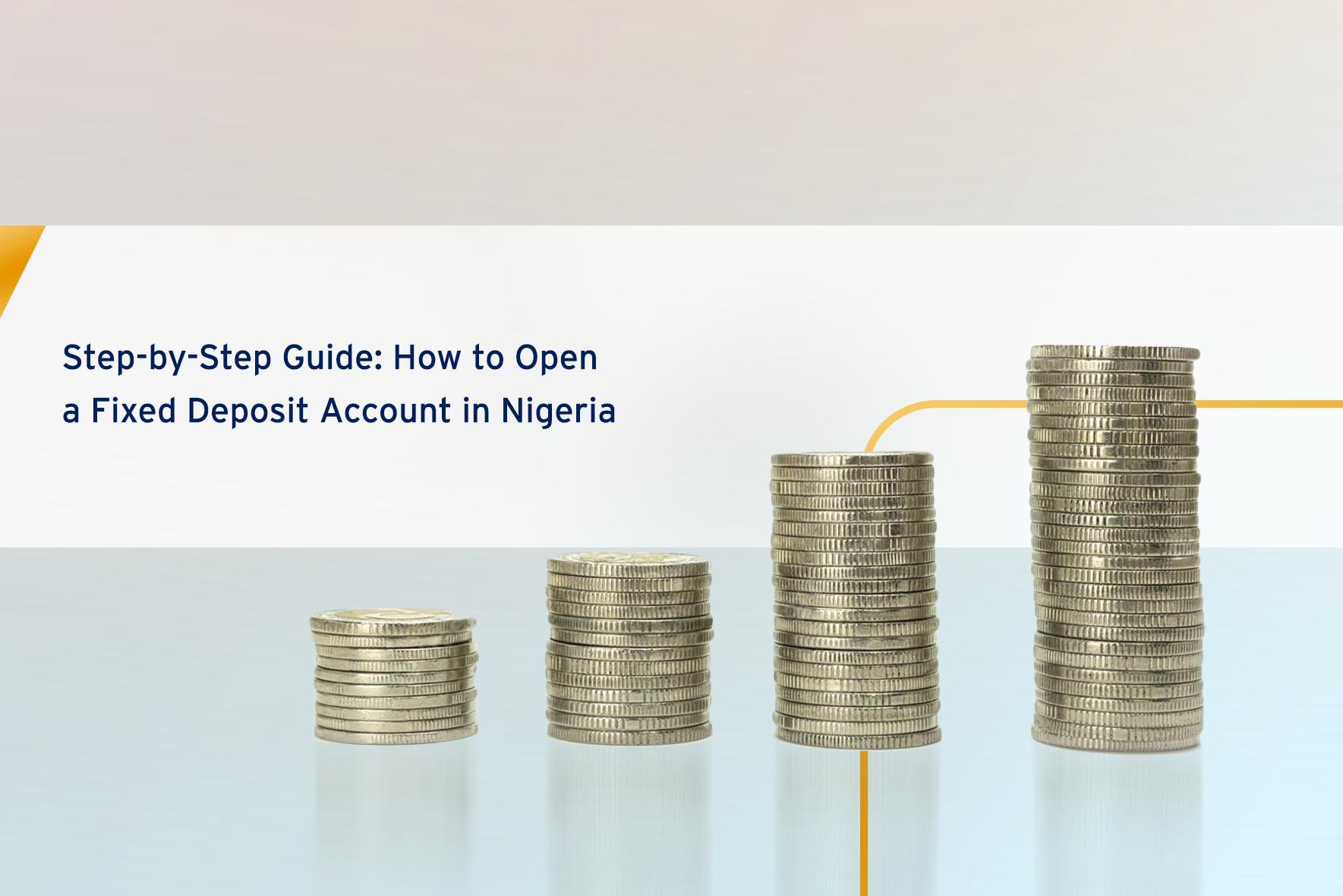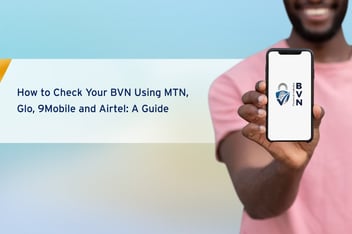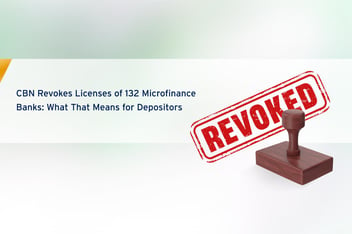
How to Open a Fixed Deposit Account in Nigeria
Author Taiwo Temitope-Adesope
In this all-inclusive guide, we’ll be your compass, guiding you on opening a Fixed Deposit Account in Nigeria. We’ll shed light on everything from the eligibility criteria, the nitty-gritty of fixed deposits, the comparison between fixed deposits and savings accounts, understanding and navigating the landscape of fixed deposit rates, to the actual steps of opening an account. So, let’s get started!
Eligibility Criteria for Opening a Fixed Deposit Account in Nigeria
Before you can embark on the journey of opening a fixed deposit account, there are certain milestones you must reach:
● Age requirements: The journey begins at 18. You must be at least 18 years old to open a fixed deposit account in Nigeria.
● Documents: You’ll need to pack some essentials for the journey – a valid means of identification (like a National ID, International Passport, Driver’s License, or Voter’s Card), a utility bill not older than three months, and two passport photographs. If you’re an expatriate, you’ll also need to provide a copy of your permit of residence.
● Initial Deposit: The number of provisions you need to start your journey varies from bank to bank. It’s advisable to check with the specific bank for their requirements.
Understanding Fixed Deposits
Fixed deposits are a type of investment where you deposit a certain amount of money with a bank for a fixed period. There are two main types of fixed deposits:
● Short-term fixed deposits: These are deposits made for a period of less than a year. They offer flexibility and are ideal for individuals looking to achieve short-term financial goals.
● Long-term fixed deposits: These are deposits made for a period of one year or more. They typically offer higher interest rates compared to short-term deposits and are suitable for long-term financial planning.
Want more content like this? Fill in your details below and get valuable insights delivered straight to your inbox!
Fixed Deposit vs Savings Account
When planning to invest, it’s important to understand the difference between a fixed deposit and a savings account:
● Accessibility: With a savings account, you can access your money at any time. However, with a fixed deposit, your money is locked away for a certain period, and you may face penalties for early withdrawal.
● Interest Rates: Fixed deposits generally offer higher interest rates compared to savings accounts. The interest rate is fixed and won’t change throughout the term of the deposit.
● Risk: Both fixed deposits and savings accounts are considered low-risk investments. However, fixed deposits offer guaranteed returns, making them a safer choice for risk-averse investors.
Understanding Fixed Deposit Rates in Nigerian Banks
Fixed deposit rates vary from one bank to another and are influenced by factors such as the amount deposited, the tenure of the deposit, and prevailing market conditions. To get the best rates, it’s advisable to compare rates from different banks.
Factors to Consider When Choosing a Bank for Fixed Deposit
When choosing a bank for your fixed deposit, consider the following factors:
● Reputation and Stability: Choose a bank with a good reputation and financial stability to ensure the safety of your investment.
● Customer Service: Good customer service is essential for a smooth banking experience. Choose a bank that offers excellent customer service.
● Accessibility: Consider the bank’s branch network and digital banking platforms. A bank with a wide branch network and robust digital platforms offers more convenience.
Visit nairaCompare to compare Fixed Deposit Accounts using these factors and select the one that’s best for you!
How to Open a Fixed Deposit Account
Once you’ve decided on the bank and have all the necessary documents, you can proceed to apply a fixed deposit account. Here’s a step-by-step guide on how to do this:
Applying on nairaCompare
- On nairaCompare website and click on the “Fixed Deposit Accounts” tab.
- Select the bank you want to apply for a fixed deposit account with.
- Click on the “Apply Now” button.
- Fill out the online application form.
- Upload scanned copies of the necessary documents.
- Follow the instructions to make your initial deposit.
- The bank will process your application and open your fixed deposit account.
Applying in a Physical Bank
- Visit the bank branch and express your desire to open a fixed deposit account.
- Fill out the ‘fixed deposit account opening form’ provided by the bank.
- Submit the form along with the necessary documents.
- Make your initial deposit.
- The bank will process your application and open your fixed deposit account.
Frequently Asked Questions about Fixed Deposits
Here are some common questions people often ask about fixed deposits:
● Can I top up the fixed deposit amount? Yes, some banks allow you to top up your fixed deposit amount. However, this may require you to extend the tenure of the deposit.
● What are the penalties for early withdrawal? If you withdraw your fixed deposit before the maturity date, you may have to pay a penalty. The penalty varies from bank to bank.
● Can a fixed deposit be used as collateral? Yes, a fixed deposit can be used as collateral for a loan. However, the terms and conditions vary from bank to bank.
Conclusion
Opening a fixed deposit account in Nigeria is a straightforward process. It’s a safe and reliable investment option that offers guaranteed returns. Whether you’re saving for a short-term goal or planning for the future, a fixed deposit account can help you achieve your financial goals.
Remember, the key to successful investing is to do your research and make informed decisions. So, take your time, compare different banks, and choose the one that offers the best terms for your fixed deposit.
We hope this guide has provided you with all the information you need on how to open a fixed deposit account in Nigeria. Happy investing!
About Author

Taiwo Temitope-Adesope
Taiwo is a passionate storyteller and strategist dedicated to empowering women and crafting compelling narratives. A First-Class graduate in Mass Communication from Covenant University, she specializes in writing, public relations, and digital marketing. As a Content Manager at Suretree, she drove a 50% increase in web traffic through SEO and boosted website engagement by 60% in just four months. Her leadership experience includes serving as Public Relations Officer for the Covenant University Student Council and contributing to impactful volunteer initiatives. With expertise in strategic thinking and business acumen, Taiwo continues to create stories that inspire confidence and imagination.









